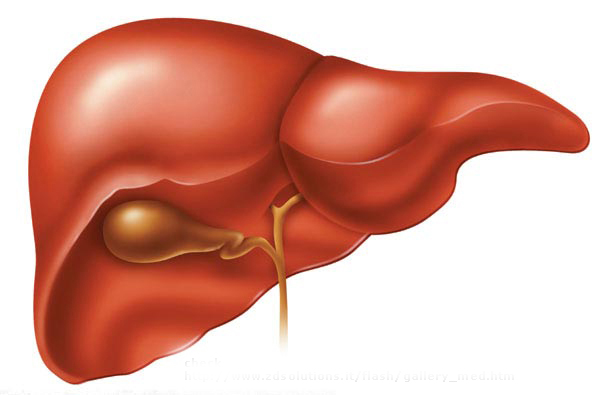
April is IBS awareness month. Irritable bowel syndrome (IBS) is a common disorder that affects the large intestine (colon), causing cramping, abdominal pain, bloating gas, diarrhea and constipation. The symptoms of irritable bowel syndrome can vary widely from person to person and often resemble those of other diseases. For most people, IBS is a chronic condition, although at times symptoms may be worse and at other times they may improve or even disappear completely. As many as 1 in 5 adults experience IBS.
It's not known exactly what causes irritable bowel syndrome. The walls of the intestines are lined with layers of muscle that contract and relax in a coordinated rhythm as they move food through the intestinal tract. With IBS, the contractions may be stronger and longer than normal, forcing food to move through the intestines more quickly, causing gas, bloating and diarrhea. in other cases, the opposite occurs and food passage slows, and stools become hard and dry. Abnormalities in the nervous system or colon may play a role in IBS. Certain foods, stress, hormones, and illnesses may trigger IBS symptoms.
Because it's not clear what causes irritable bowel syndrome, Western medical treatment focuses on the relieving of symptoms. Treatment may include fiber supplements, eliminating foods that trigger symptoms, and medications such as antibiotics, anti-diarrhea medications and anti-depressants, among others. Many people may have only mild symptoms of irritable bowel syndrome that can be managed by learning to better deal with stress and making changes to diet and lifestyle. however, sometimes symptoms can be disabling and may not respond well to medical treatment.
Acupuncture offers a positive option for IBS sufferers. Often irritable bowel syndrome is used as a catch-all phrase for all cases of abdominal pain which do not have another explanation. in Chinese medicine, the various cases of IBS do not fall into one broad disease category, but are broken down into many different disorders because the causes can be so varied. This is why individual symptoms may vary so greatly from person to person, because the underlying problem is usually very different for each person. in Chinese medicine terms, IBS may be classified as a type of abdominal/intestinal pain, epigastric/stomach pain (occurring in roughly half of IBS sufferers), or as a type of diarrhea, depending on the individual symptoms experienced.
For IBS with abdominal/intestinal pain, the cause is usually due to the liver-energy becoming blocked, which may further cause problems with the spleen’s digestive functions. The blocked liver-energy causes symptoms of bloating, constipation, and belching, as well as moodiness and irritability, symptoms which may be aggravated by emotional upset. If the spleen is also involved, there will also be fatigue and alternation of constipation with diarrhea. Acupuncture treatment helps to move the liver-energy in order to resolve the retention of food, relieve pain and improve digestion, and corrects spleen functioning to resolve diarrhea and improve energy.
For IBS with epigastric/stomach pain, the cause can be due to a variety of different imbalances with the stomach, leading to improper or incomplete digestion of food. This can cause a variety of symptoms ranging from pain, nausea and vomiting, to belching, headaches, diarrhea, or constipation. The specific symptoms experienced will depend on the specific problem that is occurring with the stomach, whether it is due to heat or cold damaging the stomach, or because the stomach-energy is blocked. in any case, acupuncture can help the stomach to function properly so that digestion is corrected, resolving symptoms.
Acupuncture offers very effective relief for IBS sufferers, relieving the symptoms of the condition as well as helping to resolve symptoms and prevent future flare-ups, allowing those with IBS to live a more regular, symptom-free life.